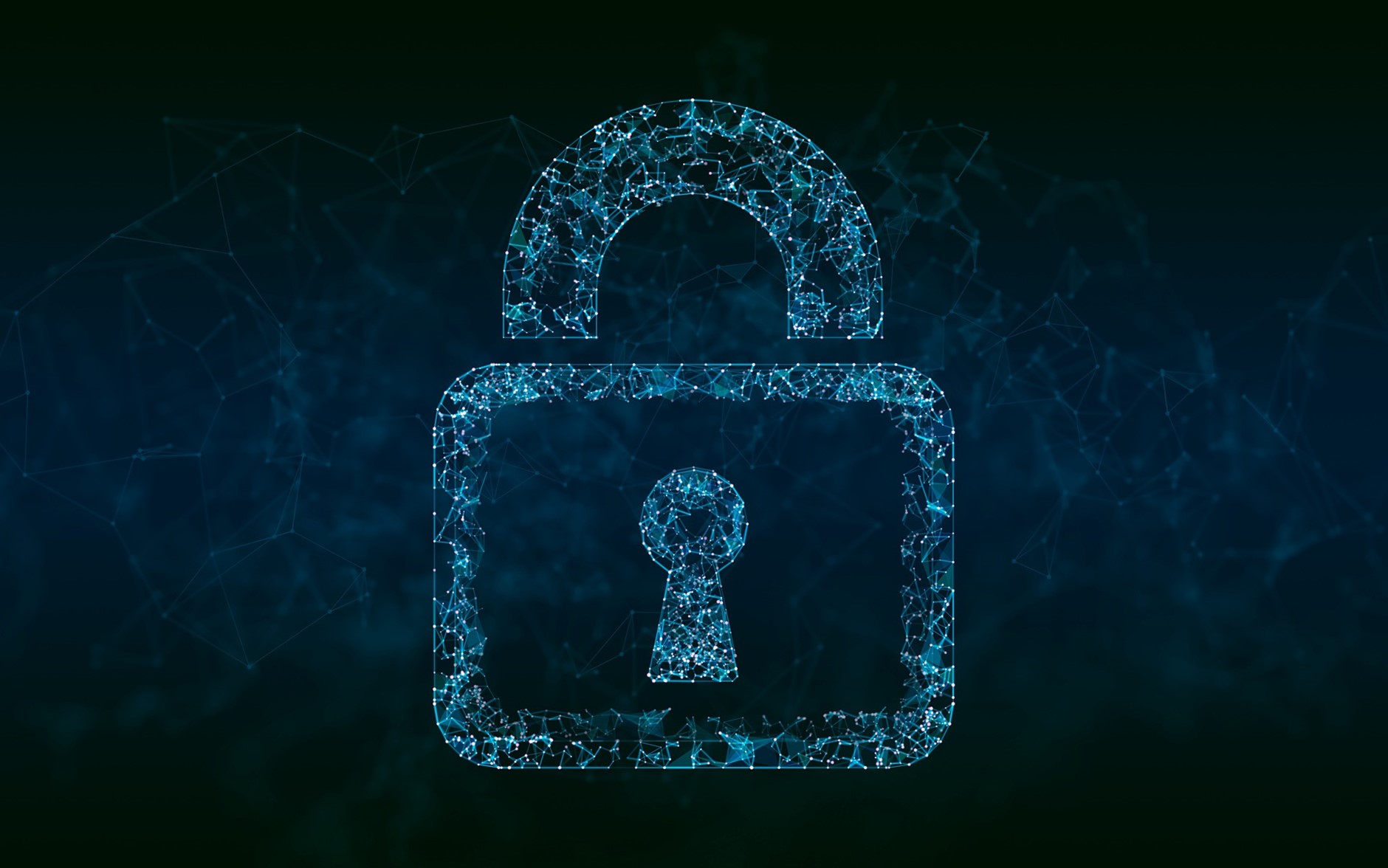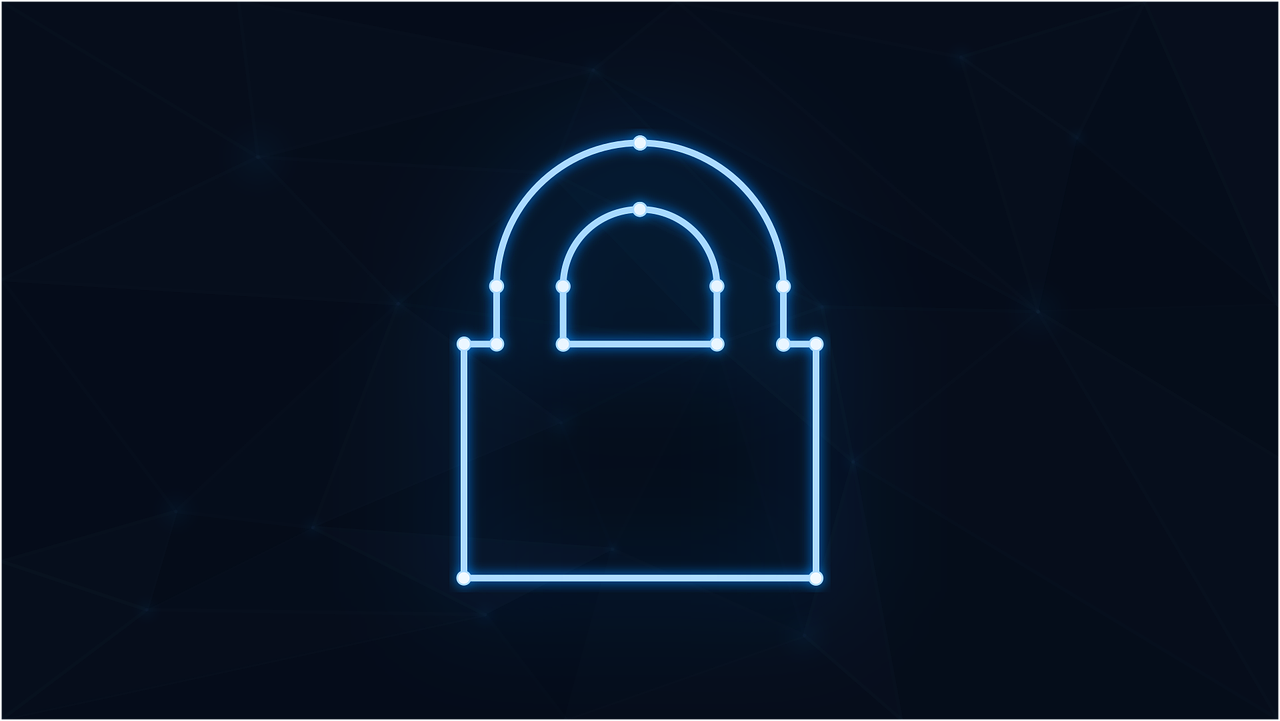Staying ahead of threats is a challenge for organizations of all sizes. Reported global security incidents grew between February and March of 2024. They increased by 69.8%. It’s important to use a structured approach to cybersecurity. This helps to protect your organization. The National Institute of Standards and Technology (NIST) created a Cybersecurity Framework (CSF). […]
10 Easy Steps to Building a Culture of Cyber Awareness

Cyberattacks are a constant threat in today’s digital world. Phishing emails, malware downloads, and data breaches. They can cripple businesses and devastate personal lives. Employee error is the reason many threats get introduced to a business network. A lack of cybersecurity awareness is generally the culprit. People don’t know any better, so they accidentally click […]
7 Common Pitfalls When Adopting Zero Trust Security

Zero Trust security is rapidly transforming the cybersecurity landscape. It moves away from traditional perimeter-based security models. In this approach, every connection attempt is continuously verified before granting resource access. 56% of global organizations say adopting Zero Trust is a “Top” or “High” priority. This approach offers significant security advantages. But the transition process presents […]
Morefield MSP Newsletter April 2024
MSP Newsletter April 2024 Never miss an issue – Sign up to receive our monthly newsletter

